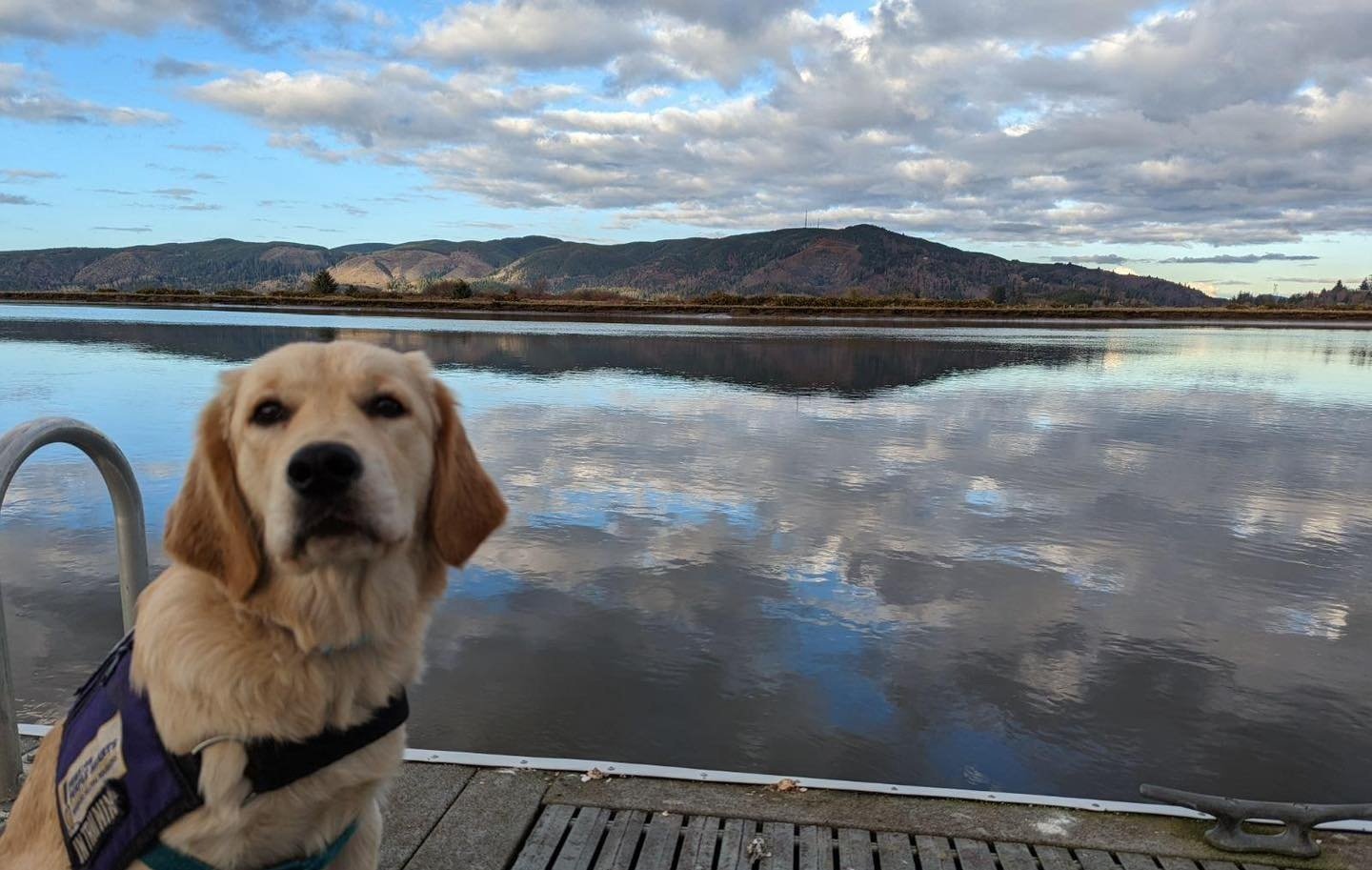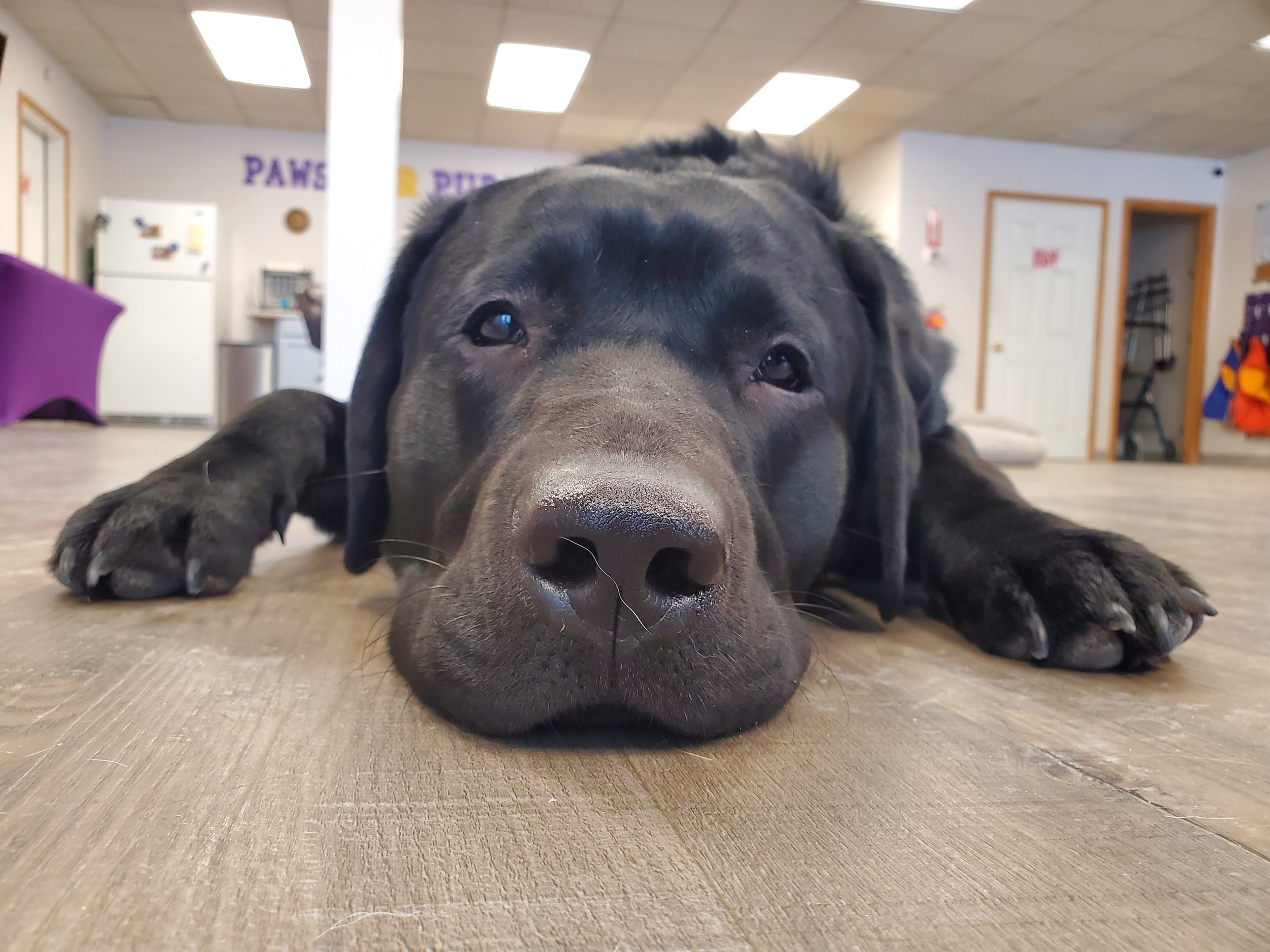
PPH NATIONAL HEADQUARTERS
CANYONVILLE, OREGON
NATIONAL HEADQUARTERS:
CANYONVILLE, OR
Phone
(844) 700-PAWS
Hours
M-F 9am to 5pm
Location
250 SE 1st Street
Canyonville, OR 97417
Our new National Headquarters is in Canyonville, OR.
TIMELINE
2024 Opened the new facility.
To volunteer at our Canyonville, OR site click the button and fill out the volunteer application.
*Please note, our Canyonville, OR site only needs volunteers for our Puppy Room.
UPCOMING EVENTS
Click on a photo in the calendar to see details of that event.
You can also visit our Amazon Wishlist to purchase a needed product like these:
Choose Paws for Purple Hearts National Headquarters Gift Registry Address in the list of shipping addresses when checking out.
FOLLOW US ON SOCIAL MEDIA
SEE PICTURES AND UPDATES OF THE IMPORTANT WORK PAWS FOR PURPLE HEARTS DOES FROM OUR NATIONAL HEADQUARTERS AND ALL OUR PPH SITES.
To contact our National Headquarters in Canyonville, OR please fill out the form below.
TESTIMONIALS AND QUOTES
ELIGIBILITY
Service Dogs
We place service dogs with Service Members and Veterans facing challenges such as:
– Mobility issues. Our dogs can help with tasks such as: retrieving items, pushing buttons for elevators and doors, turning lights on/off, plus many more.
– Diagnosed trauma-related conditions (PTSD or TBI). Our dogs help by performing a variety of tasks specifically designed to reduce symptom severity.
Through our thorough application process, our qualified staff determines if a PPH service dog will be a fit for your specific needs.
Facility Dogs
Facility dogs are placed with managers who work in care facilities that serve Service Members, Veterans, and/or military families. They are also placed with counselors, psychologists, psychiatrists, occupational therapists (and other specialists) who serve military-connected individuals and wish to integrate a dog into their clients’ treatment plans. Facility dogs provide invaluable benefits to the populations they serve, but they do not meet the legal definition of a service dog and do not have public access rights outside of their assigned facility. Facilities must serve at least 50% of military-connected individuals to qualify.
Our History
Paws for Purple Hearts is the first program of its kind to offer therapeutic intervention for Veterans and Active-Duty Military.
Canine-Assisted Warrior Therapy®
Under the guidance of PPH instructors, service members engage with specially bred Golden Retriever and Labrador puppies.
How the Program Works
Read more about how Canine-Assisted Warrior Therapy® helps ease a Warrior’s symptom severity through assisting PPH trainers with soothing, light-hearted contact with PPH puppies and dogs.

WE NEED YOUR SUPPORT.
Donations to Paws for Purple Hearts can change a Warrior’s life from hopelessness to optimism.
Your generous, tax-deductible donation helps thousands of Warriors facing the visible and invisible wounds of war. Our Canine Assisted Warrior Therapy helps them heal as they help others – all with the goal of raising top tier service dogs for Veterans and active duty Service Members with mobility and trauma challenges.


















